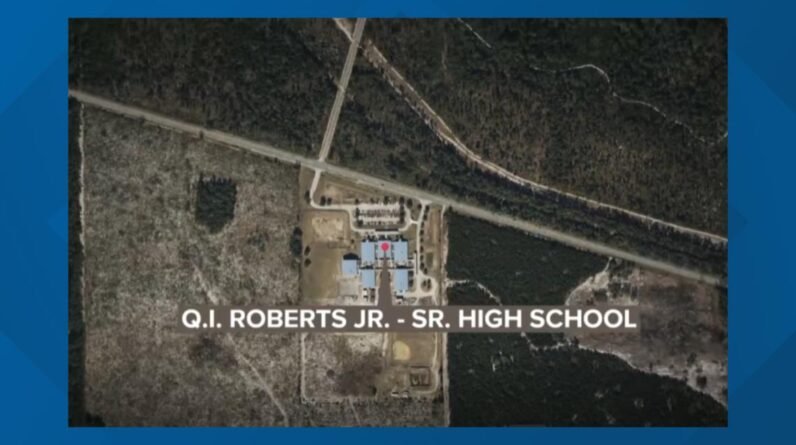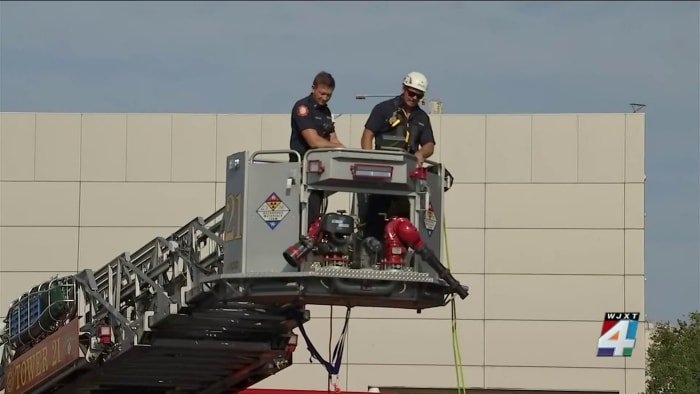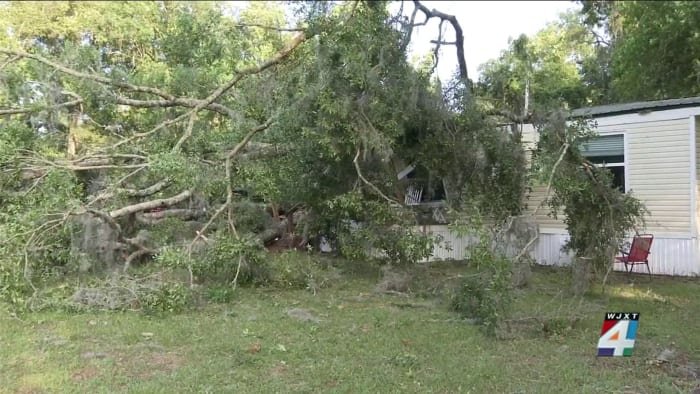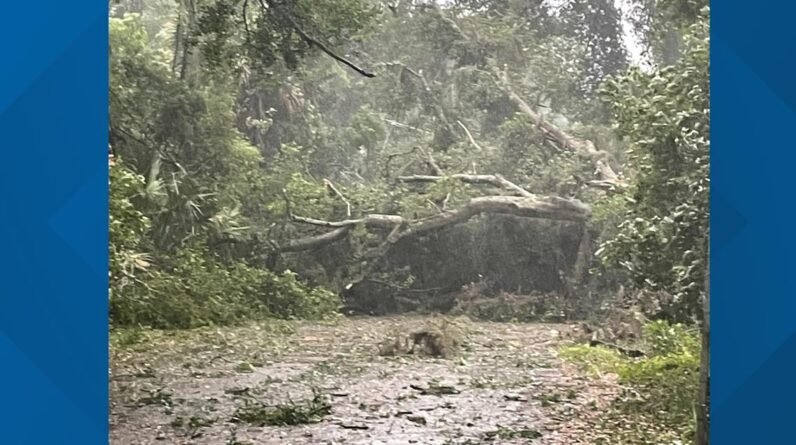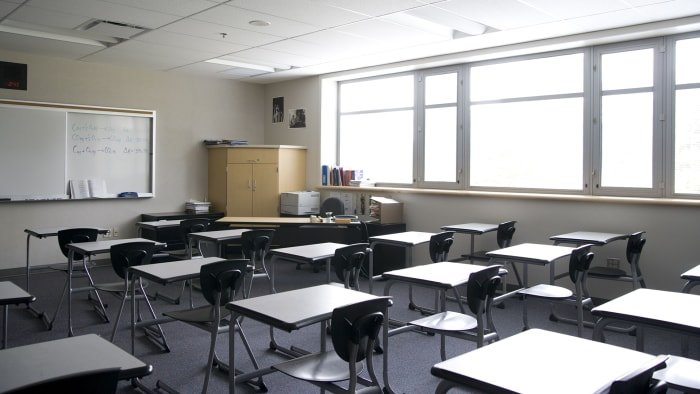
Rain barrels are a great solution for conserving water and supplying irrigation during dry times.
Their popularity has grown as an effective way to save money and reduce the amount of stormwater runoff, potentially decreasing flooding.
Rainwater is naturally soft and free of chemicals, like chlorine and fluoride, that may be present in municipal water supplies, making it a great choice for watering your plants and gardens.
But is the water collected in the rain barrels safe enough for vegetable gardens?
A study by University of Florida scientists at the Institute of Food and Agricultural Sciences looked at the safety concerns with the water and determined dirty roofs and bacteria such as E. coli did not reach unsafe levels in samples.
Kimberly Moore, professor of sustainable horticulture at UF/IFAS Fort Lauderdale Research and Education Center (UF/IFAS FLREC). “Is it safe to use on a vegetable garden, especially when there is a potential for bacteria such as E. coli. The answer is ‘yes.’”
Sixty rain barrels studied were in South Florida heat that collected water from various roofs made of tile, shingle, and metal finding none caused any difference in the pH, salt levels, or nutrients.
The researchers suspect intense sunlight and temperatures reaching 150 degrees on the roofs kill any potential pathogens that may wash into the collection barrels.


